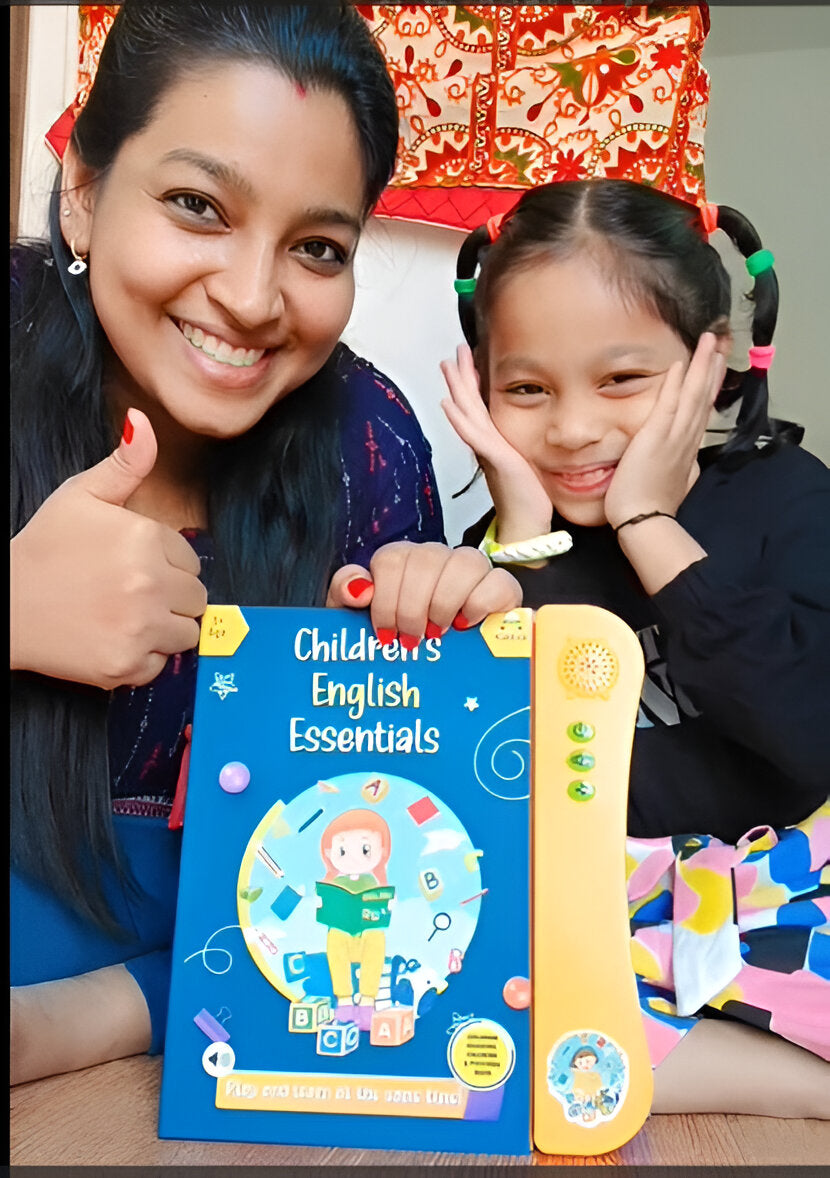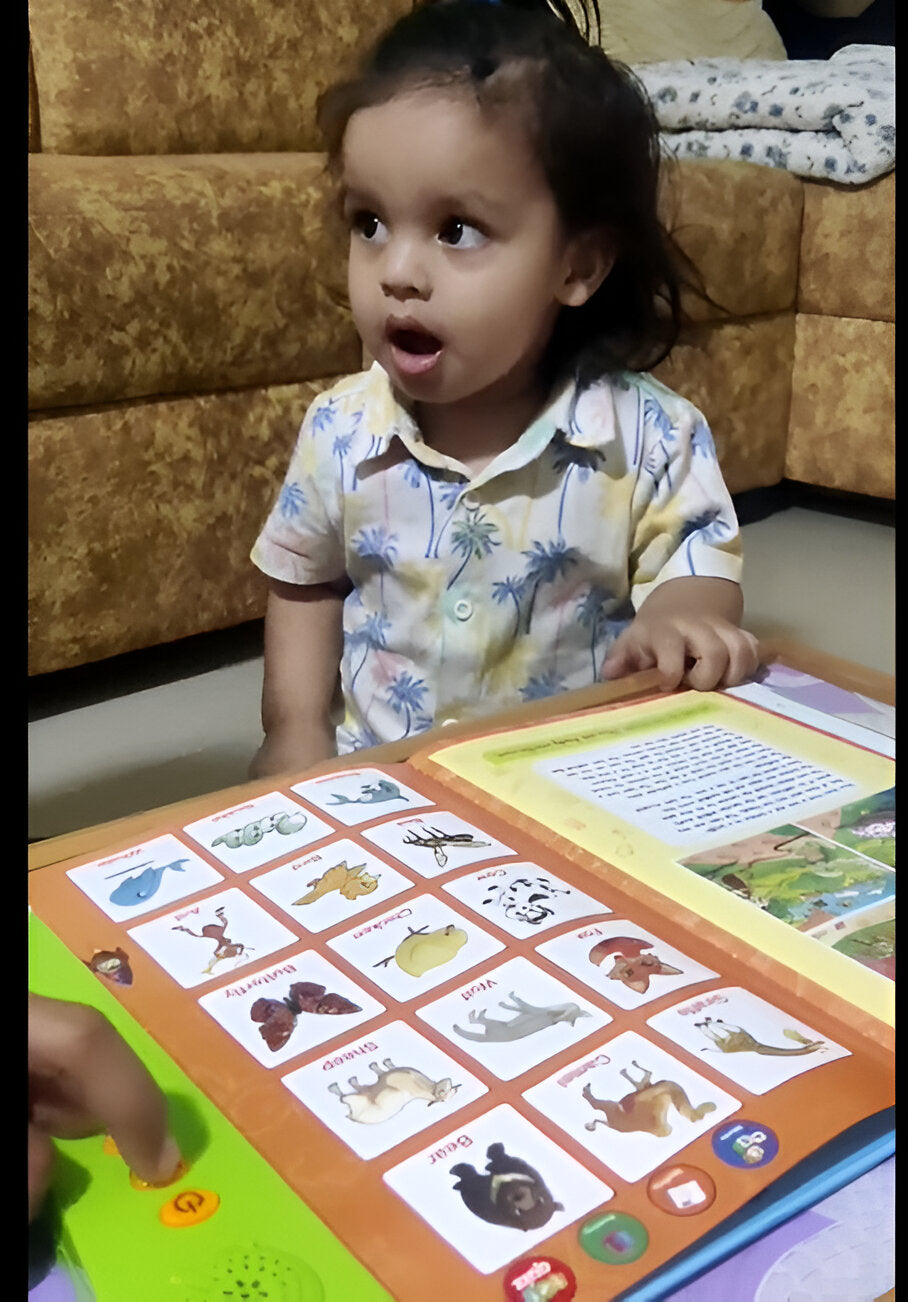

Nursery rhymes have been a part of childhood for generations, captivating young minds with their catchy tunes and whimsical lyrics. These seemingly simple songs have a profound impact on children, shaping their cognitive and emotional development. But what is it about nursery rhymes that make them so memorable? In this article, we will delve into the psychology behind nursery rhymes and explore why they stick in our minds.
The psychological impact of nursery rhymes on children
Nursery rhymes play a crucial role in a child's early development, engaging their senses and stimulating their cognitive abilities. Research has shown that singing rhymes helps children develop their language skills, as they are exposed to a wide range of vocabulary and sound patterns. The repetitive nature of rhymes also aids in memory retention, as children are more likely to remember information that is presented in a structured and repetitive manner.
Additionally, nursery rhymes have a significant emotional impact on children. The catchy melodies and playful lyrics evoke positive emotions, creating a sense of joy and happiness. This emotional connection not only enhances a child's overall well-being but also helps them develop social skills, as they often engage in group activities such as singing and dancing to nursery rhymes with their peers.

The educational benefits of nursery rhymes
Beyond their psychological impact, nursery rhymes offer numerous educational benefits for children. They provide a fun and interactive way to introduce various concepts such as numbers, colors, and animals. By incorporating these elements into the rhymes, children are able to grasp complex concepts in a simple and engaging manner.
Moreover, nursery rhymes promote early literacy skills. The rhythmic patterns and rhyming words in these songs help children develop phonemic awareness, which is crucial for learning to read. By listening to and repeating the sounds in nursery rhymes, children become more adept at recognizing and manipulating sounds, laying the foundation for successful reading and writing skills later in life.
The cultural significance of nursery rhymes
Nursery rhymes are not only a source of entertainment but also an integral part of a culture's heritage. They often reflect the values, traditions, and history of a society, passing down important cultural knowledge from one generation to another. For instance, the nursery rhyme "Johny Johny Yes Papa" has gained immense popularity worldwide and is deeply ingrained in the cultural fabric of many countries.
Analyzing the popular rhyme "Johny Johny Yes Papa"
"Johny Johny Yes Papa" is a nursery rhyme that has captured the hearts of children and parents alike. Its simple yet relatable storyline, catchy melody, and repetitive structure make it a favorite among young audiences. This nursery rhyme revolves around the mischievous adventures of Johny, who is caught by his father while indulging in some sweet treats.

The use of repetition in nursery rhymes
One of the key elements that make nursery rhymes so memorable is the use of repetition. Repetition not only helps children learn and remember the lyrics but also enhances their cognitive skills. It provides a predictable structure that children can anticipate, fostering a sense of security and familiarity. This repetition also aids in the development of language skills, as children become more comfortable with the sounds and words used in the rhymes.
The role of music and rhythm in rhymes
Music and rhythm are integral components of nursery rhymes. The melodic tunes and rhythmic patterns captivate children's attention and make the rhymes more enjoyable and engaging. These musical elements also contribute to the emotional impact of nursery rhymes, as they evoke feelings of happiness and excitement. The combination of music and rhythm helps children develop their auditory skills and enhances their ability to perceive patterns and sequences.
How nursery rhymes aid in language development
Nursery rhymes play a crucial role in language development, laying the foundation for effective communication. The repetitive nature of nursery rhymes helps children learn and internalize vocabulary and sentence structures. Moreover, the rhyming words and rhythmic patterns in these songs enhance phonemic awareness, which is essential for learning to read and write. By regularly engaging with nursery rhymes, children develop a strong command of language and improve their verbal communication skills.
The nostalgia factor: Why nursery rhymes stick in our minds as adults
Nursery rhymes have a unique ability to evoke a sense of nostalgia in adults. These songs often hold sentimental value as they remind us of our own childhood and the cherished moments spent with loved ones. The familiar melodies and lyrics trigger memories and transport us back to a simpler time. This nostalgic connection is so powerful that even as adults, we find ourselves humming these tunes and reciting the lyrics with ease.
Conclusion
Nursery rhymes have stood the test of time, captivating generations of children and leaving an indelible mark on their minds. Their psychological impact, educational benefits, cultural significance, and nostalgic appeal make them an invaluable part of childhood. As parents and educators, it is essential to recognize and harness the power of nursery rhymes to promote healthy cognitive, emotional, and linguistic development in children. So, let us embrace the magic of nursery rhymes and continue to pass on their enduring legacy to future generations.
CTA: Sing a nursery rhyme with your child today with Kiddale Nursery Rhyme Sound Books and witness the joy and benefits it brings to their development.































